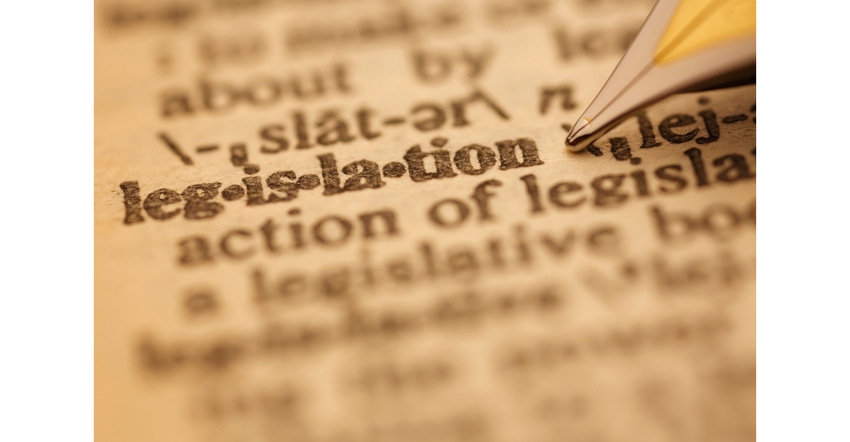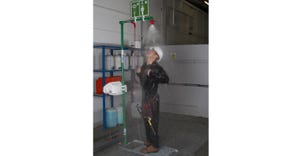Chemical Tax Repeal Act Reintroduced
The bill was previously introduced in 2021.
April 20, 2023

U.S. Sens. Ted Cruz (R-TX), John Kennedy (R-LA), Mike Lee (R-UT), and John Barrasso (R-WY) have reintroduced the Chemical Tax Repeal Act to eliminate the Superfund Tax imposed by the Infrastructure Investment and Jobs Act.
The 2021 infrastructure law imposed around $15 billion worth of taxes on 42 chemicals, critical minerals, and metallic elements that are the building blocks of common household items like plastics, rubber, concrete, soap, lightbulbs, and electronics. Texas, Cruz's homestate, is home to 40% of the country’s chemical manufacturing plants, and would be heavily impacted by this tax.
The Chemical Tax, also known as the Superfund Tax, existed from 1987-1995, and was used to mitigate certain contaminated sites around the country with mixed success and high costs. The 2021 infrastructure law, which took place July 1, 2022, re-imposed the tax at twice its prior levels.
There are actually two separate Superfund chemical excise taxes: a tax on the sale or use of "taxable chemicals" under section 4661 of the Internal Revenue Code and a tax on the sale or use of imported "taxable substances" under section 4671.
Specifically, sections 4661(a) and 4662(c)(1) would impose an excise tax on the sale or use of a taxable chemical by the manufacturer, producer, or importer of the taxable chemical.
Section 4671(a) imposes an excise tax on the sale or use of a taxable substance by the importer of the taxable substance.
According to Cruz's website, the Joint Committee on Taxation estimates the tax will cost Americans $1.45 billion annually for 10 years.
The tax is used to pay for cleanup for sites on EPA’s Superfund list where there is no longer a responsible party to pay to clean up the site. In a recent budget committee hearing, EPA Administrator Regan testified that the EPA’s administrative cost was 27% for many of their programs, which is why programs like these are best left to state agencies.
America Chemistry Council Responds
The American Chemistry Council (ACC) released the following statement from President and CEO Chris Jahn regarding Senate introduction of the Chemical Tax Repeal Act:
“We welcome the Chemical Tax Repeal Act and commend Senators Cruz, Kennedy, Lee, and Barrasso for their leadership on this critical issue for the US economy. While the Bipartisan Infrastructure Law (BIL) is helping to modernize America’s infrastructure, it also imposed new Superfund excise taxes on 42 chemicals, critical minerals, and metallic elements. These materials are used in manufactured goods, including the very items needed for infrastructure development.
“As a result of these misguided new taxes, our nation’s global manufacturing competitiveness is further threatened by countries like China. This when Americans are already struggling with debilitating inflation and high prices. The taxes single out the chemical industry at a time when supply chain challenges and freight transportation disruptions continue to be a major problem for the US business of chemistry and the broader economy.
“We urge the Senate to swiftly pass the Chemical Tax Repeal Act to reverse this harmful provision that will make it more difficult for American chemistry to be a driver of U.S. investment and job creation.”
About the Author(s)
You May Also Like




